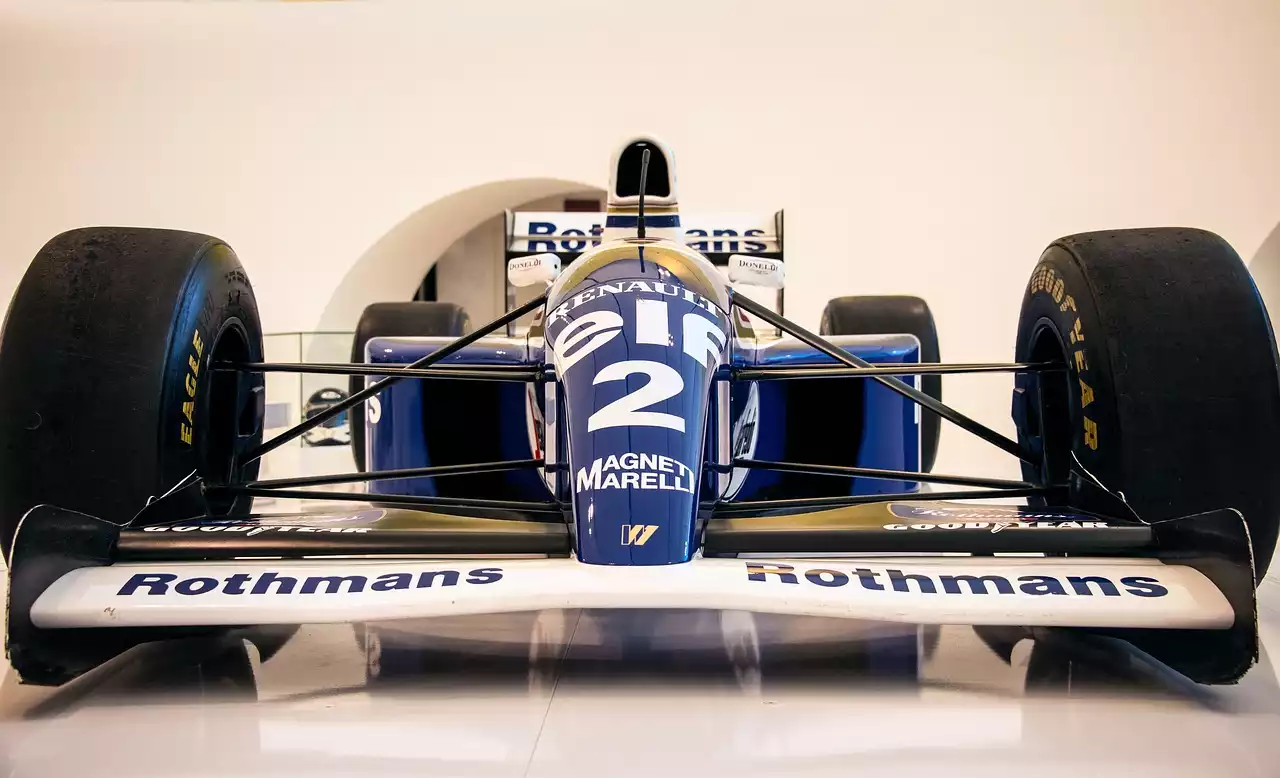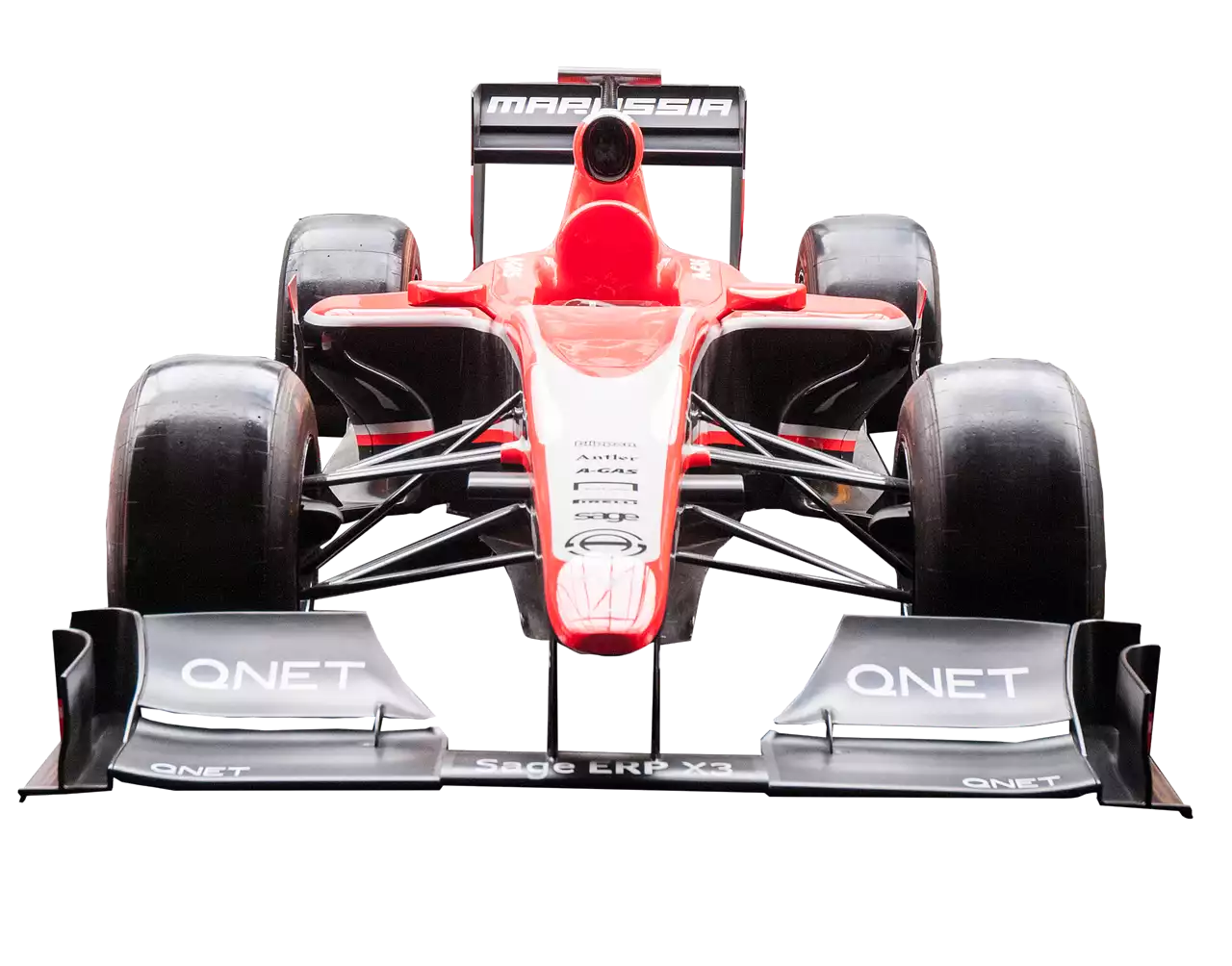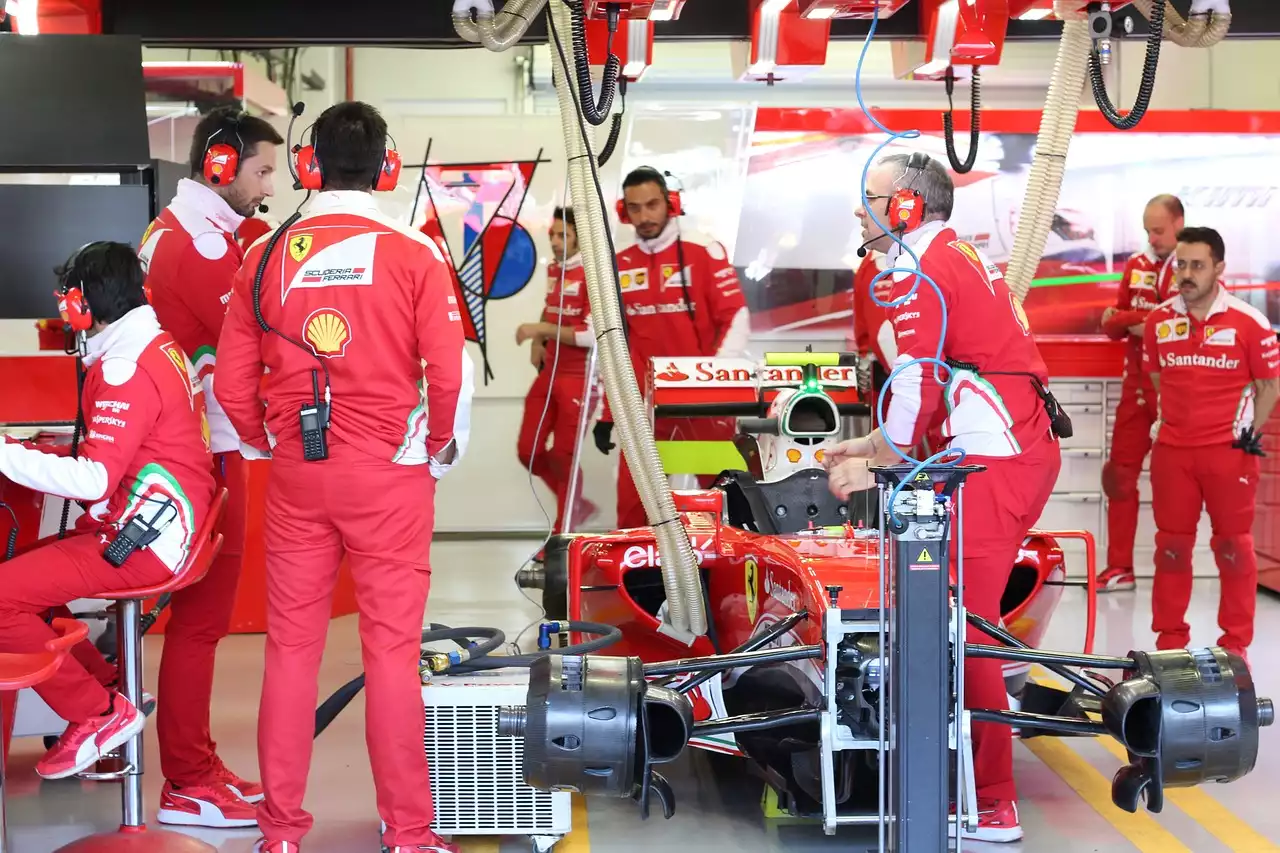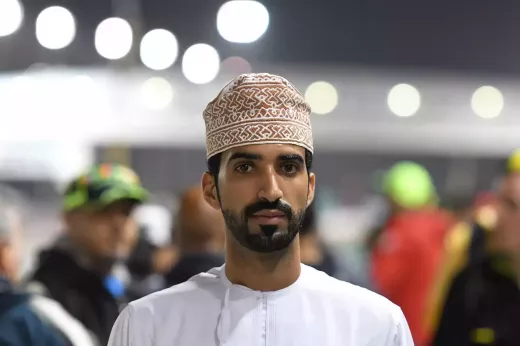History of Team Penske in IndyCar
Team Penske’s history in IndyCar dates back to 1968 when Roger Penske, a former race car driver turned businessman, formed the team with Mark Donohue as the driver. The team quickly established itself as a force to be reckoned with, winning the Indianapolis 500 in their first attempt in 1972. Since then, the team has gone on to win the Indianapolis 500 a record 18 times, along with 16 IndyCar championships.
The team’s success on the track has been attributed to their focus on excellence and consistent performance. They have a reputation for being meticulous in their preparation, leaving no stone unturned in their pursuit of victory. This includes everything from the design and engineering of their cars to their pit crew and driver training programs.
The Drivers of Team Penske
Over the years, Team Penske has had some of the most talented drivers in the sport. This includes iconic drivers like Mark Donohue, Rick Mears, and Helio Castroneves. Mears, in particular, played a significant role in the team’s success in the 1980s and 1990s, winning four Indianapolis 500s and three IndyCar championships.
Today, the team’s current drivers are Will Power, Simon Pagenaud, and Josef Newgarden, three of the most talented drivers in the sport. Each driver brings their unique skill set to the table, and together they form a formidable team that has dominated the IndyCar series in recent years.
The Team’s Success in the IndyCar Series
Team Penske’s success in the IndyCar series can be attributed to their unwavering commitment to excellence and their ability to adapt to changing conditions. This includes their innovative use of technology and data analytics, which has given them a competitive edge over their rivals.
One example of this is their use of simulation technology to test and refine their cars. By using a virtual model of a race track, the team can test different car setups and strategies to determine what will work best in a given race. This allows them to optimize their performance and gain an edge over their competitors.
Another key factor in the team’s success is their focus on teamwork and collaboration. From the drivers to the pit crew and support staff, everyone works together to achieve a common goal. This teamwork and collaboration have been instrumental in the team’s success, allowing them to consistently perform at the highest level.
Behind the Scenes: Team Penske’s Approach to Racing
Behind the scenes, Team Penske’s approach to racing is both meticulous and innovative. From the design and engineering of their cars to their pit crew and driver training programs, the team leaves no stone unturned in their pursuit of excellence.
One key area where the team has excelled is in their use of data analytics. By collecting and analyzing data from their cars, the team can gain insights into how their car is performing and identify areas for improvement. This data is then used to make adjustments to the car’s setup, giving the team a competitive edge on race day.
Another area where the team has excelled is in their pit crew. The team’s pit crew is one of the fastest and most efficient in the sport, allowing the drivers to gain crucial positions during pit stops. This efficiency is due in part to the team’s focus on training and preparation. The team’s pit crew undergoes rigorous training, including simulations and practice drills, to ensure that they are prepared for any situation that may arise on race day.
Team Penske’s Impact on the Sport of IndyCar
Team Penske’s impact on the sport of IndyCar is significant. The team’s success on the track has helped to elevate the sport and attract new fans. Their use of technology and data analytics has also helped to push the sport forward, inspiring other teams to adopt similar strategies and tactics.
Off the track, Team Penske has also made significant contributions to the sport. This includes their involvement in the development of the Dallara DW12, the current chassis used in the IndyCar series. The team played a significant role in the development and testing of the car, helping to create a safer and more competitive racing environment.
The Future of Team Penske in the IndyCar Series
Looking ahead, the future of Team Penske in the IndyCar series looks bright. The team has a talented group of drivers and a dedicated support staff that is committed to excellence. They are also continuing to innovate and push the boundaries of what is possible in motorsports.
One area where the team is focusing their efforts is on sustainability and environmental responsibility. The team has partnered with Pennzoil to develop a new motor oil that is more environmentally friendly, using recycled materials and reducing the amount of waste produced during the manufacturing process.
Team Penske’s Role in Motorsports Beyond IndyCar
Team Penske’s impact on motorsports extends far beyond the IndyCar series. The team has also had success in other racing series, including NASCAR and sports car racing. They have won the Daytona 500 twice and the 24 Hours of Daytona five times, among other victories.
Off the track, the team has also been involved in philanthropic efforts. This includes their support of the Simon Youth Foundation, which provides educational opportunities to at-risk youth.
Interviews with Key Members of Team Penske
To gain a deeper understanding of Team Penske’s success, we spoke with several key members of the team. This includes Tim Cindric, the team’s president, and Will Power, one of the team’s star drivers.
When asked about the team’s success, Cindric emphasized the importance of preparation and teamwork. “We take a very methodical approach to racing,” he said. “We leave nothing to chance and prepare for every possible scenario.
And we do it as a team – everyone works together to achieve a common goal.”
Power echoed Cindric’s sentiments, adding that the team’s focus on data analytics has been instrumental in their success.
“We analyze everything – from the performance of the car to the weather conditions to the strategies of our competitors,” he said. “This allows us to make informed decisions on race day and gives us a competitive edge.”








.png?size=50)

